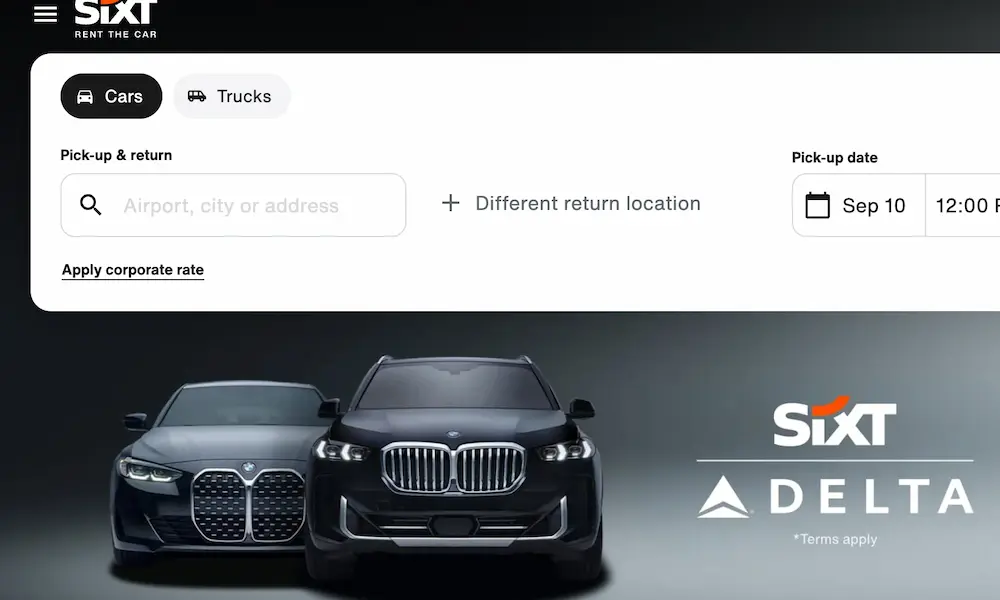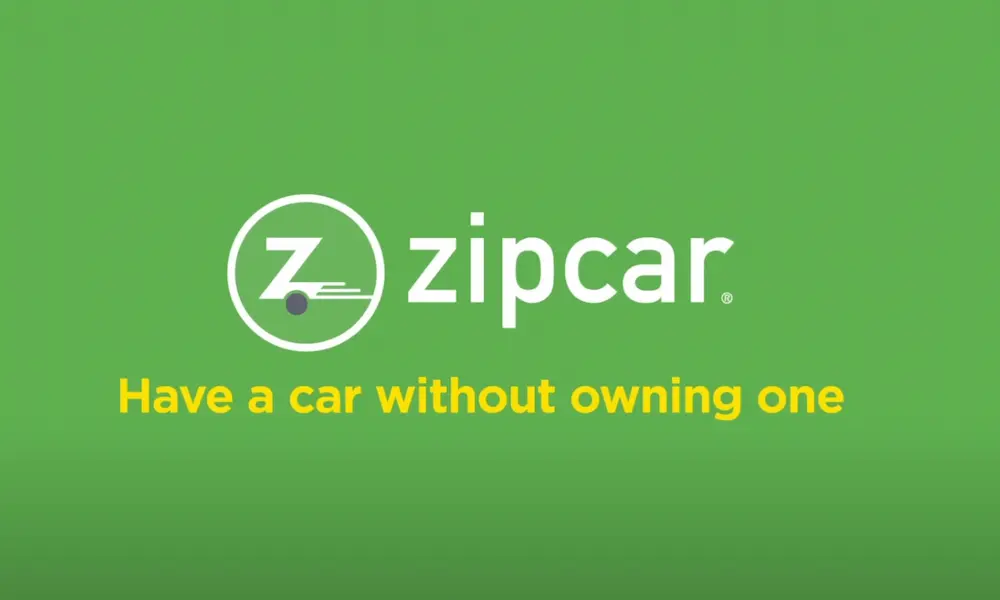Thinking about renting from Dollar Car Rental? That advertised rate might look tempting, but there’s more to the story. Customers frequently find their final bills ballooning to 2-3 times the expected amount due to hidden fees and charges. Let’s dive into what these fees are, how to avoid them, and what you can do if you’ve already been charged.
The True Cost of Dollar Car Rentals
Dollar Car Rental’s business model relies heavily on low advertised rates that get significantly inflated by the time you return your keys. Recent data shows that customers have faced cost increases of 181% to 317% above the advertised rates in severe cases.
When booking a rental car, most people focus on the daily rate. But with Dollar, that’s just the starting point. The final bill typically includes:
- Insurance and protection products
- Airport surcharges
- Fuel charges
- Additional driver fees
- Young driver fees
- Toll payment services
- Vehicle license fees
- Energy recovery fees
Let’s break down these charges so you know exactly what you’re dealing with.
Airport Location Premiums
Renting from an airport location? Expect to pay more – much more.
Airport Concession Recovery Fees
This fee typically adds 15-25% to your base rental rate and is automatically applied at airport locations. It’s Dollar’s way of recouping what they pay to airport authorities for operating there.
Vehicle License Fees and Energy Surcharges
Dollar also adds vehicle license fees and energy surcharges to airport rentals. The vehicle license fee has been particularly criticized as it’s often presented as a government-mandated charge when it’s actually a profit center for rental companies.
Money-saving tip: Consider picking up your rental from an off-airport location. You’ll avoid these mandatory surcharges, potentially saving 15-25% on your total bill.
Insurance and Protection Products: The Biggest Markup
Insurance products represent the largest category of additional charges, accounting for approximately 35% of customer complaints about hidden fees.
The High Cost of Peace of Mind
Here’s what Dollar charges for insurance products:
- Loss Damage Waiver (LDW): $31.99 per day
- Supplemental Liability Insurance: $17.58 daily
- Personal Accident Insurance: $6.99 per day
- Personal Effects Coverage: $6.99 per day
For a typical seven-day rental, these insurance products can add $385 to your bill, often doubling the final cost.
Sales Tactics at the Counter
Many customers report feeling pressured at the rental counter to purchase these insurance products. Agents often present these as mandatory or strongly advisable, particularly targeting international visitors or customers who seem unsure about their existing coverage.
What you need to know: In many cases, your personal auto insurance or credit card already provides adequate coverage for rental vehicles. Check your existing policies before your trip to avoid paying for duplicate coverage.
Toll Service Charges: Small Tolls, Big Fees
Dollar’s approach to toll charges is particularly problematic and accounts for 20% of fee-related complaints.
PlatePass Program
The PlatePass toll service costs $11.99 per day regardless of how many tolls you actually use. This means you could pay nearly $60 for a week-long rental even if you only incur $3.50 in actual toll charges.
The service activates automatically when you pass through an electronic toll collection point, and many customers discover these charges weeks after returning their vehicle.
Declining the Service? That’ll Cost You Too
If you decline the PlatePass service but end up going through tolls, Dollar charges the highest applicable toll rate plus a $15 administrative fee per toll instance, with fees capped at $90 per rental.
This creates a no-win situation: either pay for the expensive daily service or risk even higher administrative fees later.
Comparison with competitors: Most competitors charge a maximum of $19.75 per rental for toll services, while Dollar’s daily rate structure can result in charges exceeding $80 for a week-long rental.
Driver-Related Surcharges
Additional Driver Fees
Dollar charges $15 per day for each additional authorized driver. For a week-long rental, that’s an extra $105 just to let your spouse or friend take a turn behind the wheel.
There are some exceptions: spouses of Dollar Express Rewards members may drive without additional fees, but this policy is inconsistently applied across locations.
Young Driver Surcharges
Drivers between the ages of 20-24 face an additional surcharge of approximately $25 per day on top of the regular rental rate.
For a young driver with one additional driver on a week-long rental, these driver-related charges can add $280 to the total cost.
Fuel and Vehicle Condition Charges
Fueling Options and Pitfalls
Dollar offers prepaid fuel options that seem convenient but typically cost significantly more than local gas stations. If you decline their prepaid option, you must return the vehicle with the same fuel level as at pickup or face charges of $8-12 per gallon – roughly triple the market rate.
Cleaning and Damage Fees
- Smoking in the vehicle: $400 cleaning fee
- General cleaning: $50-250 depending on condition
- Pet-related cleaning: $50-150
These fees are applied at Dollar’s discretion and have generated numerous complaints from customers who dispute the need for cleaning services.
How Dollar Compares to Competitors
When it comes to fee transparency and customer satisfaction, Dollar consistently ranks near the bottom of the industry.
| Company | Consumer Reports Rating | Free Spouse as Additional Driver | Toll Service Fees |
|---|---|---|---|
| Enterprise | 78/100 | Yes | $3.95 + toll charges |
| National | 75/100 | Yes | $3.95 per day, capped at $19.75 |
| Alamo | 73/100 | Varies | $3.95 per day, capped at $19.75 |
| Dollar | 39/100 | Only for rewards members | $11.99 per day, uncapped |
| Thrifty | 26/100 | No | $11.99 per day, uncapped |
Pre-Rental Protection Strategies
Research Your Existing Insurance Coverage
Before your trip, check if your auto insurance policy or credit cards offer rental car protection. Many premium credit cards include collision damage waiver benefits that can save you from purchasing Dollar’s expensive Loss Damage Waiver.
Consider Off-Airport Locations
Renting from a non-airport location can save you 15-25% by avoiding airport concession recovery fees and other airport-specific charges. The transportation costs to reach off-airport locations typically represent a fraction of the potential savings.
Join Dollar Express Rewards
Membership in Dollar’s loyalty program can eliminate some fees, including the additional driver fee for spouses. Joining is free, so it’s worth signing up before your rental.
Compare Total Costs, Not Just Base Rates
When comparing rental options, estimate the total cost including all potential fees rather than focusing solely on the advertised daily rate. A slightly higher base rate from a company with fewer fees may offer better overall value.
At the Rental Counter: Protecting Yourself
Document Everything
Take comprehensive photos of the vehicle’s exterior, interior, fuel gauge, and odometer reading before leaving the lot. These images provide valuable evidence if disputes arise regarding damage or fuel charges.
Review the Contract Carefully
Rental agents often rush customers through the signing process. Insist on reviewing all charges before signing the electronic agreement and refuse to add any services you didn’t specifically request.
Ask for Written Confirmation of Declined Services
If you decline insurance or other add-ons, ask for written confirmation. This prevents unauthorized additions to your bill and gives you documentation if disputes arise later.
Verify the Fuel Policy
Confirm the fuel policy and document the fuel level at pickup. Consider filling up at a nearby gas station right before returning to avoid excessive refueling charges.
What to Do If You’ve Already Been Charged
Review Your Agreement
Check the rental agreement you signed to determine which charges were properly disclosed and which may have been added without authorization.
Contact Customer Service
Reach out to Dollar’s customer service department to dispute any unauthorized or unexpected charges. Be prepared to provide evidence supporting your case, such as photos of the vehicle condition or fuel level.
File a Complaint
If customer service doesn’t resolve your issue, consider filing complaints with:
- Better Business Bureau
- Your state’s consumer protection agency
- The Federal Trade Commission
Credit Card Dispute
For unauthorized charges, consider disputing the transaction with your credit card company. They can often intervene on your behalf to resolve billing issues.
Regulatory Changes on the Horizon
The Federal Trade Commission has intensified scrutiny of rental car industry pricing practices, with new rules taking effect in May 2025 requiring greater transparency in fee disclosure.
Consumer advocacy groups like Travelers United have filed lawsuits against major rental companies, including Dollar’s parent company Hertz, challenging deceptive pricing practices. These legal actions seek to establish clearer standards for fee disclosure and eliminate misleading advertising practices.
The Dollar Difference: A Price Breakdown Example
To illustrate the impact of Dollar’s fee structure, let’s compare an advertised rate versus the likely final bill:
| Item | Advertised Rate | Actual Cost |
|---|---|---|
| Base daily rate (7 days) | $25/day ($175) | $175 |
| Loss Damage Waiver | Not advertised | $223.93 ($31.99/day) |
| Airport concession fee (20%) | Not advertised | $35 |
| Additional driver | Not advertised | $105 ($15/day) |
| PlatePass toll service | Not advertised | $83.93 ($11.99/day) |
| Vehicle license fee | Not advertised | $19.99 |
| Energy recovery fee | Not advertised | $14.99 |
| Total | $175 | $657.84 |
This example shows why customers are often shocked when receiving their final bill – it’s nearly four times the advertised rate!
Making an Informed Choice
If you still decide to rent from Dollar despite these fee concerns, make sure you’re prepared:
- Get insurance coverage through your credit card or personal policy
- Consider off-airport locations to avoid airport fees
- Join Dollar Express Rewards for potential fee waivers
- Document everything with photos and receipts
- Carefully review your contract before signing
Or consider alternatives like Enterprise, National, or Alamo, which consistently provide better customer experiences with more transparent pricing structures.
Remember: with rental cars, the advertised price rarely reflects what you’ll actually pay – but being informed about Dollar Car Rental hidden fees can help you avoid the worst surprises and make better travel decisions.















